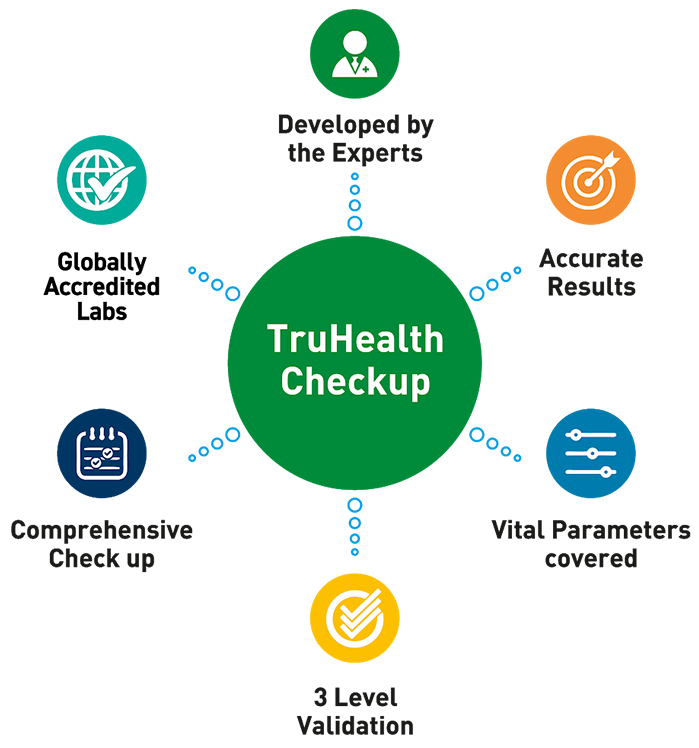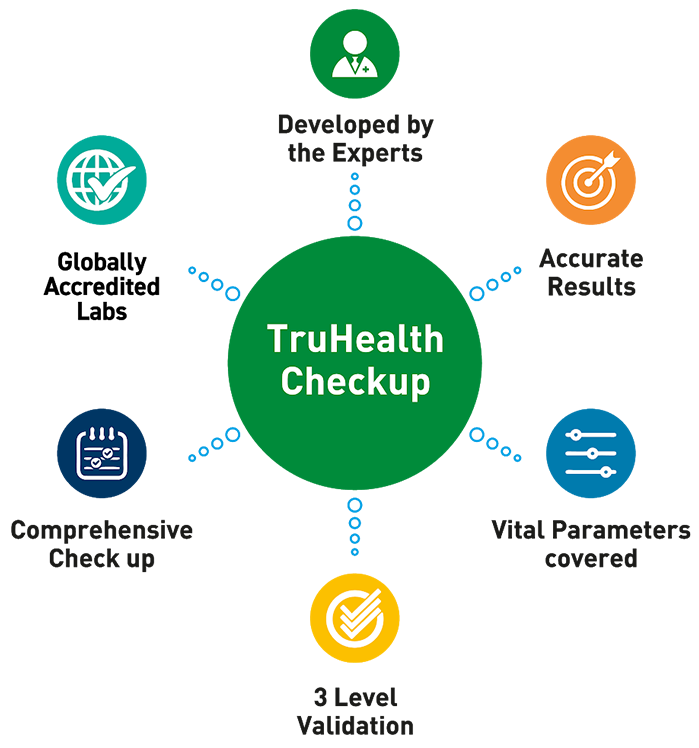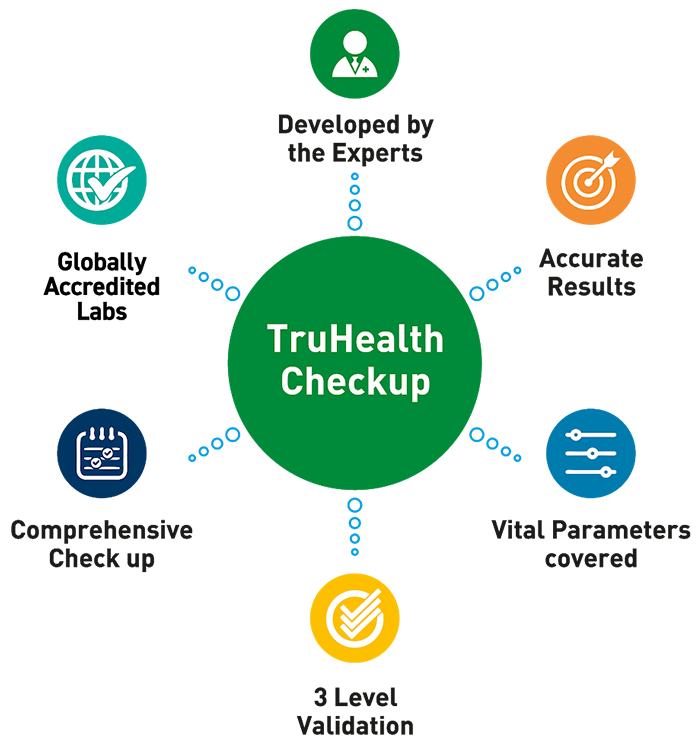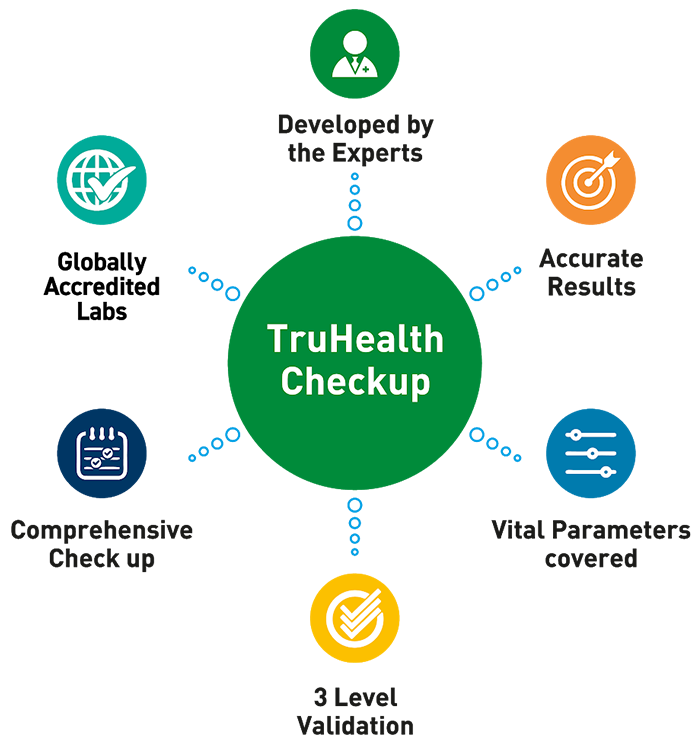Preventive Healthcare
Understanding Anorexia Nervosa: Signs, Symptoms, and Supportive Approaches

Table of Contents
- Introduction
- What is anorexia nervosa?
- What is the difference between anorexia and bulimia?
- Who does anorexia affect?
- What are the signs and symptoms of anorexia?
- What causes anorexia?
- How is anorexia diagnosed?
- What tests are used to diagnose or assess anorexia?
- How is anorexia treated?
- What are the risk factors for developing anorexia?
- What is the outlook for people with anorexia?
- What are the complications of anorexia?
- Conclusion
Introduction
What is anorexia nervosa?
Anorexia nervosa, often referred to simply as anorexia, is a psychological disorder in which an individual obsesses too much on their weight and diet. People with anorexia believe they are overweight, despite having a significantly low body weight. This misinterpretation can lead to extreme dietary habits that can have serious health implications.
What is the difference between anorexia and bulimia?
Both anorexia nervosa and bulimia nervosa are eating disorders with certain common characteristics an intense fear of gaining weight and a distorted body image.
However, there are distinct differences:
- Anorexia Nervosa: Individuals limit their food intake severely due to an intense fear of weight gain. Despite being underweight, they perceive themselves as overweight.
- Bulimia Nervosa: Characterized by the episodes of binge eating accompanied by compensatory behaviours such as self-induced vomiting or excessive exercise.
There are also two subtypes of anorexia nervosa.
- One subtype of anorexia nervosa is the restrictor type, where individuals drastically limit their food intake.
- The other subtype of anorexia nervosa is the bulimic type, where the individuals engage in binge eating followed by purging behaviours.
Who does anorexia affect?
Anorexia nervosa primarily affects women more than men and typically begins during adolescence. Interestingly, the number of young women between ages 15-19 suffering from anorexia has increased every decade since 1930.
Anorexia nervosa can affect anyone, regardless of age, gender, or socio-economic status.
What are the signs and symptoms of anorexia?
Anorexia nervosa symptoms manifest through a mix of emotional, behavioural, and physical indicators or triggers.
Emotional and mental signs of anorexia
- Distorted body image
- Fear of gaining weight
- Anxiety around meals
Behavioural signs of anorexia
- Excessive exercise
- Obsession with food preparation
- Unusual eating behaviours
Physical signs and symptoms of anorexia
- Significant weight loss
- Lethargy or fatigue
- Dry or yellowish skin
- Thinning hair
- Brittle nails
- Insomnia
- Dizziness or fainting
- Absence of menstruation in women
What causes anorexia?
The anorexia nervosa causes can further be divided into psychological, physical, and cultural/environmental factors.
Psychological anorexia nervosa causes
Low self-esteem, perfectionism, and impulsive behaviour can trigger anorexia nervosa.
Physical anorexia nervosa causes
Certain genetic factors and imbalances in brain chemicals may predispose individuals to anorexia nervosa.
Cultural/environmental anorexia nervosa causes
Societal pressure for thinness and media influence can contribute to the development of anorexia nervosa.
How is anorexia diagnosed?
Healthcare providers diagnose anorexia based on medical history, physical examinations, and psychological evaluations.
Diagnostic tests for anorexia can include blood tests to check for signs of malnutrition or complications, bone density tests to look for osteoporosis resulting from prolonged malnutrition, and ECGs to monitor heart health.
What tests are used to diagnose or assess anorexia?
To confirm an anorexia nervosa diagnosis, several tests may be necessary, such as:
- Complete blood count (CBC)
- Electrolytes test
- Liver function test
- Thyroid function test
These tests can help assess an individual's overall health and evaluate complications due to anorexia nervosa.
How is anorexia treated?
Managing anorexia requires a multidimensional approach, which includes psychotherapy, medication, nutrition counselling, and support from loved ones. Let's delve deeper into these dimensions:
Psychotherapy
It is a cornerstone of anorexia nervosa treatment. Which allows people to understand their thoughts and behaviours, equipping them with survival strategies and healthier habits.
Medication
Some medicines can help people in managing their co-existing mental health conditions such as anxiety or depression.
Nutrition counselling
As a crucial part of recovery, nutritional counselling involves learning a balanced diet and healthy eating habits to achieve a healthy weight.
Group or family therapy
Support from peers or family members who are going through similar experiences can be extremely therapeutic.
The specifics of anorexia nervosa treatment modalities depend on factors such as age, overall health, medical history, and severity of anorexia nervosa symptoms.
What are the risk factors for developing anorexia?
While anorexia nervosa causes aren't fully understood, certain risk factors have been identified.
These include:
- Family History: Individuals with a family history of weight problems or mental health disorders may be more susceptible.
- Social Attitudes and Family Influences: Social pressure to conform to accepted beauty standards or family attitudes towards food and body image can play an important role.
- Participation in Certain Activities: Activities that emphasize body shape and size, such as ballet, bodybuilding, modeling, etc., may increase the risk.
Remember that these risk factors don't guarantee the development of anorexia nervosa but merely increase susceptibility.
What is the outlook for people with anorexia?
The prognosis for people suffering from anorexia varies widely depending on several factors, such as the duration of the disease, the degree of weight loss, and the patient's commitment to recovery. Early diagnosis and comprehensive treatment can significantly improve prognosis and quality of life.
Moreover, it is crucial not to lose hope. Countless people have successfully recovered from anorexia nervosa and are living fulfilling lives today.
What are the complications of anorexia?
Without an early intervention, anorexia can lead to serious complications that affect multiple body systems.
These include:
- Cardiovascular problems such as arrhythmia and heart failure
- Gastrointestinal problems such as constipation and bloating
- Hormonal imbalances result in menstrual irregularities in women and low testosterone in men
- Psychological problems such as depression, anxiety and social withdrawal
In some cases, anorexia can even be fatal, emphasizing on the need for a prompt recognition and treatment.
Conclusion
Anorexia nervosa is a complex condition, but with timely diagnosis and comprehensive treatment, it can be effectively managed. It is crucial to consult a healthcare professional for accurate diagnosis and personalized anorexia nervosa treatment. Always remember, understanding is the first step to overcoming. Maintain an open communication with the healthcare providers and remember that seeking help is not a sign of weakness but of strength. Metropolis Labs is a renowned provider of diagnostics services and also offer home sample collection. Book your test today with us.





















